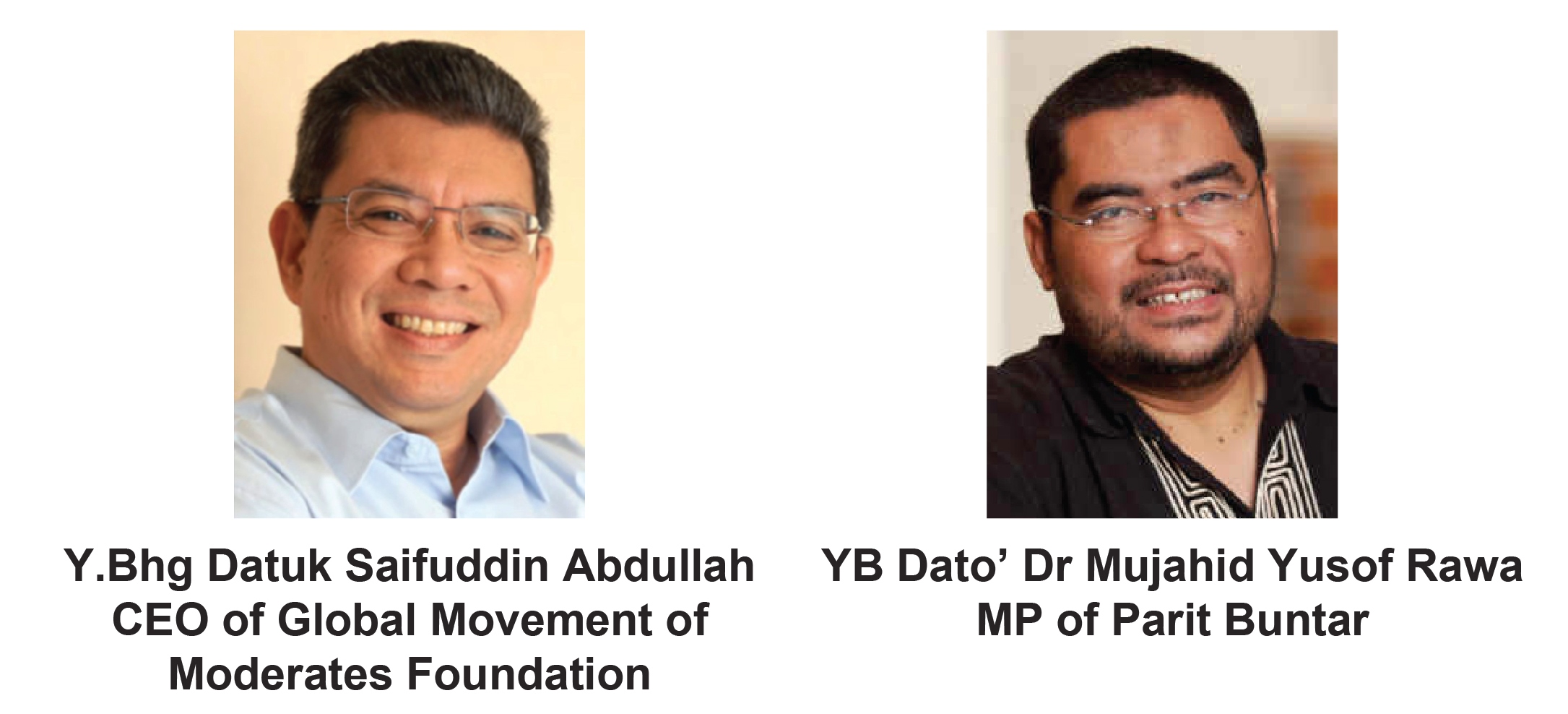Double standards abound when a power grab in Ukraine is hailed, but a public referendum following a parliamentary vote on Crimea’s future is condemned.
THE people of Crimea today vote in a referendum to choose whether their autonomous republic should quit Ukraine and possibly join Russia.
Yet the democratic nature of Crimea’s actions is condemned, particularly by those who would perversely brandish the democratic idea themselves.
The Crimean Parliament had earlier voted to uncouple the republic from Ukraine, whether or not it would later proceed to unite with Russia.
The move was immediately condemned by fledgling Ukrainian Prime Minister Arseniy Yatsenyuk and his Western allies, soon after he had received his own disputed premiership through a vote in Ukraine’s Parliament.
With today’s referendum, Crimea goes one up on Ukraine in the democratic stakes. Crimean leaders thus stole Ukraine’s “freedom” thunder, even as Kiev’s newly installed leaders were only getting into gear after their bloodless coup against a duly elected President Viktor Yanukovych.
Last November, Yanukovych opted for closer ties with Russia over an arrangement with the EU. From Brussels and Washington, this looked like the beginning of a slippery slope strategically favouring Russia over the West.
Following allegations of police brutality against protesters, Yanukovych’s power base waned and he agreed on a pact with the Opposition leading to fresh elections later this year. But the next day Parliament betrayed the agreement and evicted him.
For centuries, Ukraine had been pushed around and fought over by eastern European kingdoms and principalities. Later, western European countries and Russia took over the “game”.
Ukraine had declared independence from a fading Soviet Union in 1991. However, there was no complete break from Moscow: Belarus and Ukraine formed the Commonwealth of Independent States (CIS) with Russia.
Today’s fuss may seem like a replay of the Cold War. But if history is repeating itself, it would be more Crimean War than Cold War: in that mid-19th century conflict, European powers ganged up against Russia over Ukraine.
Then, as now, it involved naval assets in the Black Sea, a Russian base in Sevastopol, Crimea as a focus, and Russian efforts to protect people in its sphere of influence. Now, as before, Moscow’s detractors over Ukraine include France, Germany and Poland.
Today the US is heading the Western charge against Russia. Expect that from an assertive superpower and the dominant force of Nato, especially when it can help make up for a recent spying scandal that enraged Europe.
The US and European argument is that mass street protests justified Yanukovych’s ouster. But demonstrations are not elections, let alone measurable votes, and while protesters can only campaign against someone, only elections can select preferred leaders.
The West also wants the unofficial posting of “unmarked” Russian troops to Crimea to be reversed forthwith. However, Russia’s Black Sea Fleet had been in Ukraine and Crimea long before US plans for Nato’s military installations on Russia’s doorstep in Poland and the Czech Republic.
For Russia, a military “surge” in Crimea not amounting to a “pivot” on the peninsula was to maintain security and the status quo. With ethnic Russians resident in Ukraine and Crimea, and the presence of violent anti-Russian gangs on the streets, Moscow felt it had to act.
Besides security, Russia was also responding to Yanukovych’s urgent request for a resistance force. Crimea soon made a similar request to Moscow.
Meanwhile, Yatsenyuk was feted in Brussels while proclaiming democracy despite never having been elected by his people. Other semantic contortions would soon follow.
Yatsenyuk rejected foreign intervention in Ukraine, but welcomed EU and US intervention. He also rejected the Crimean Parliament’s vote to join Russia, but his own authority came from Ukraine’s vote in Parliament for a coup.
Crimea was already an autonomous entity within Ukraine, so its decision to split from Kiev could be no more a jolt to Ukraine than Kiev’s decision to leave Russia’s orbit was to Moscow.
Then Yatsenyuk let drop the plot: “We are not ready to be a subordinate of Russia”. Meanwhile, the new Ukraine prepared to bow to the dictates of the IMF and the Washington Consensus.
Instead of Russia’s US$15bil (RM48.9bil) aid, Ukraine would now get the same amount from the EU plus another US$1bil (RM3.3bil) from the US in loan guarantees. There was later talk of another US$700mil (RM2.3bil) a year in EU trade breaks.



